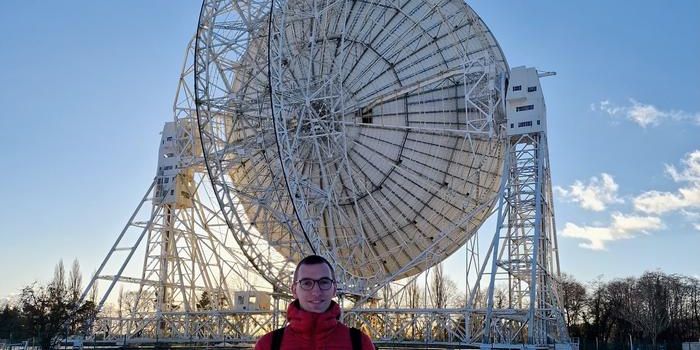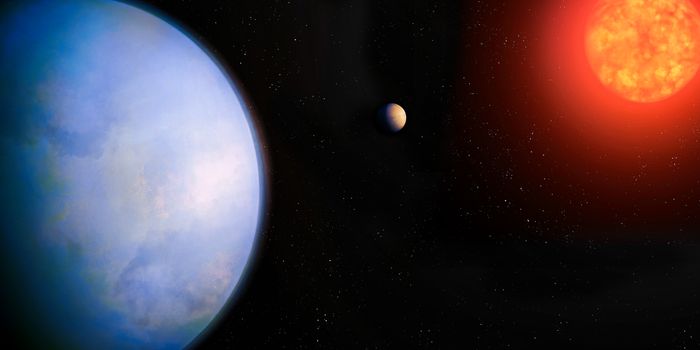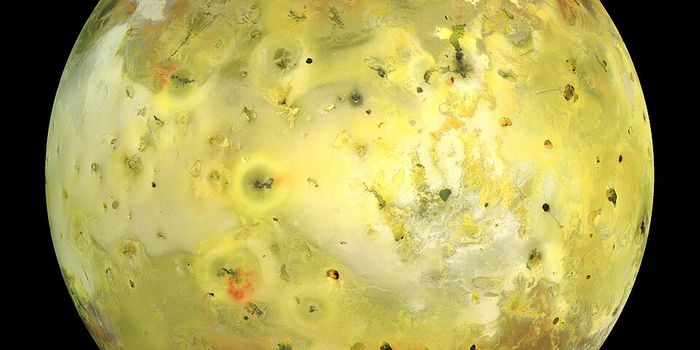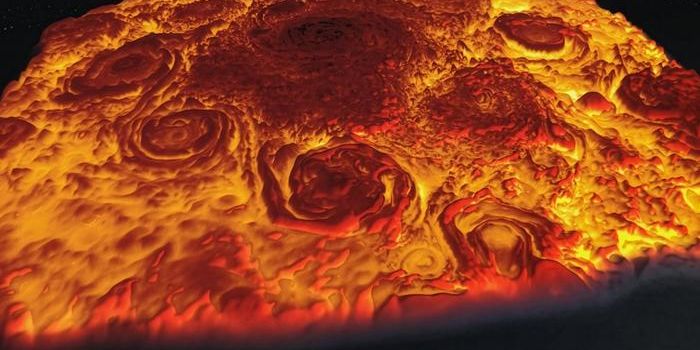Cleaning Complex Pollutants with Genetically Modified Microbes
The health of global oceans is under constant threat from harms like microplastics, oil spills, industrial pollution and wastewater. Studies have suggested that certain microorganisms might be harnessed to help up clean up some of the contaminants in the ocean like oil or plastics, and maintain the health of this viral resource.
Research has now shown that a strain of bacteria called Vibrio natriegens that was genetically engineered has the potential to help in the cleanup of a variety of complex organic chemical pollutants like phenol, naphthalene, and toluene, among other chemicals, from soil and saltwater. The work has been reported in Nature.
Organic chemicals like these are often found in wastewater that is produced by industry during the refining of petroleum and the processing of chlor-alkali. These chemical compounds can persist in ocean water because they are stable and unlikely to degrade. Instead, they hang around and pose problems for marine life and ecology, which can also affect public health.
Scientists who work on bioremediation, in which microbes can be used to clean up pollutants, often utilize natural microbes to break down toxic chemicals. But these microbes can be inhibited by saltwater, and they are less effective at cleaning up pollutants in the ocean.
In this study, the researchers used techniques from synthetic biology to develop a new microbial strain that was better at cleanup in the ocean. They engineered gene clusters that would work to target organic molecules like phenol in saltwater. These gene clusters were first assembled in yeast strains that are used in the lab, and once developed, they were inserted into the Vibrio natriegens Vmax genome.
After confirming the proper insertion of the gene clusters, the researchers tested the microbes. They determined that the engineered bacteria could reduce levels of phenol from 203.1 to 59.6 μM, naphthalene from 185.8 to 52.5 μM, and toluene from 201.7 to 20.3 μM in 48 hours. Other organic molecules were also removed, like biphenyl.
The byproducts of the breakdown of these organic chemicals were also identified. These byproduct chemicals, like benzyl alcohol and salicylic acid are far less dangerous, and typical degradation products. The research has shown that these microbes have the potential to be used to cleanup some toxic pollutants in ocean water.









